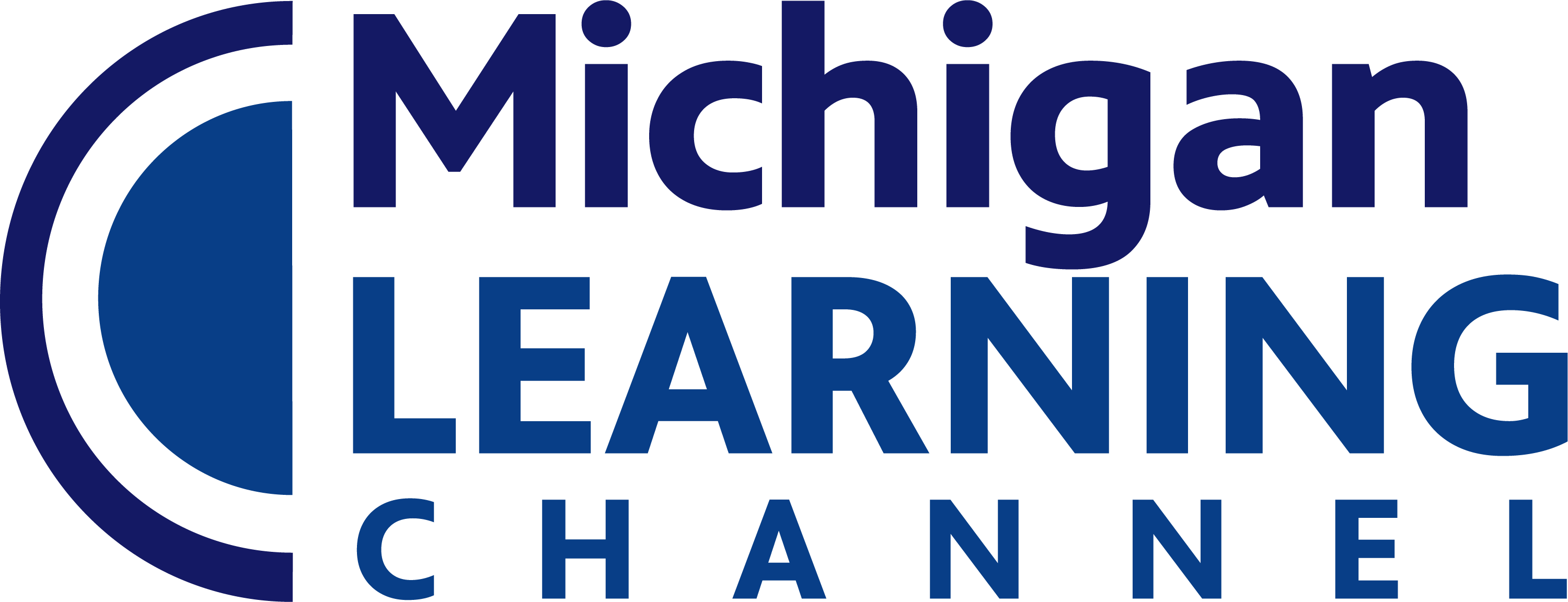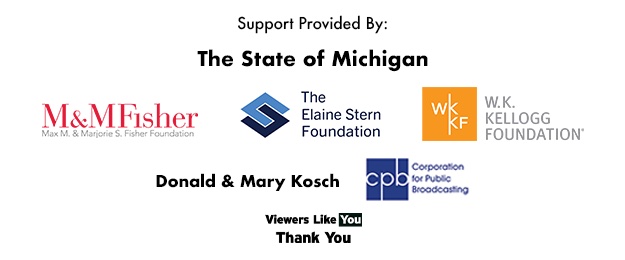If you’re always looking for ways to make learning meaningful and relevant, this episode of The Planning Period has you covered! We’re diving into hands-on environmental education, a new PBS Kids show that brings authentic neurodiversity representation to young audiences, and a spirited debate speech exemplar about why the DIA is the best art museum in the country.
Environmental Education: Earth Month, Place-Based Learning, and Citizen Science
April is packed with opportunities to engage students in environmental awareness. Earth Month, Earth Day (April 22), Environmental Education Month, and Citizen Science Month all emphasize the importance of empowering students to be part of the solution.
Did you know the first Earth Day in 1970 was part of a grassroots student movement at the University of Michigan? That activism helped lead to the creation of the EPA and major environmental laws like the Clean Air and Clean Water Acts.
To help you bring environmental education into your classroom, we’re featuring resources from the Great Lakes Stewardship Initiative (GLSI). GLSI promotes place-based learning, a framework that connects curriculum to local communities and environments. Their regional hubs provide professional development, classroom support, and community partnerships for teachers. Learn more about GLSI and explore our Place-Based Education playlist for additional resources!
Autism Acceptance Month: PBS Kids’ Carl The Collector
April is also Autism Acceptance Month, and we’re highlighting a powerful new PBS Kids show: Carl The Collector. This show offers an authentic, research-backed portrayal of autism, created by an autistic showrunner and guided by leading experts in the field.
In one episode, Carl struggles to respond when his friend Nico falls. Through beautifully animated sequences, we see Carl’s internal processing and how his mom helps him understand emotions and communication strategies. The episode models ways to support neurodivergent kids while reinforcing that friendships thrive on understanding and open communication.
Beyond young audiences, Carl The Collector is valuable for educators, caregivers, and even older students interested in psychology, education, or social-emotional learning. The accompanying PBS LearningMedia curriculum guide aligns with CASEL-5 standards and provides lesson ideas to help students reflect on neurodiversity and friendship.
Celebrating Teaching & Learning: A Conversation with a Michigan Educator
This week, we’re featuring CJ, a first-grade teacher from Escanaba who discovered the Michigan Learning Channel while searching for new lesson ideas. We had a great conversation about Reading Month, community-centered learning, and creating classroom spaces that serve as “windows and mirrors” for students.
CJ even gave us a virtual tour of his classroom, sharing his insights on fostering a supportive and engaging learning environment. Check out our full interview, and if you know an incredible Michigan educator we should feature, reach out—we love showcasing the best of what’s happening in schools across the state!
Why I Love Michigan: The Great Art Museum Debate
Big news: the Toledo Museum of Art recently claimed the title of the best art museum in the country, surpassing the Detroit Institute of Arts (DIA). As proud Michiganders, we need to discuss this!
Matt takes a deep – slightly unhinged – dive into the debate format and demonstrates how structured argumentation can be a fun and engaging classroom activity. Whether debating museums, favorite foods, or college rivalries, using debate strategies helps students develop critical thinking, research skills, and confidence in presenting their ideas.


